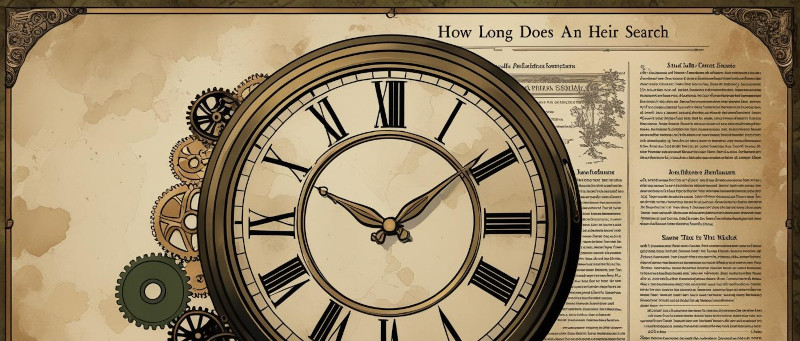Understanding how state probate laws affect heirship determination is crucial for legal professionals working with estates. Each state has unique laws that can significantly impact the distribution of assets. Factors such as intestacy laws, the existence of wills or trusts, and family relationships come into play. This article will detail these variations, offer insights into common challenges, and provide a step-by-step guide to navigating the probate process while addressing frequently asked questions and expert tips.
Jump to Section
Overview
Probate laws in the United States can vary widely from state to state. These differences play a critical role in determining how heirs are recognized and how assets are distributed. Understanding these variations helps attorneys and estate professionals provide better guidance to their clients. Here are some key factors that illustrate how state probate laws differ:
- Intestacy Laws: Each state has its own intestacy laws that govern how assets are distributed when a person dies without a valid will.
- Recognition of Heirs: Some states recognize common-law marriages or domestic partnerships, which can affect heirship status.
- Order of Succession: The hierarchy of heirs can vary, affecting who inherits first from the estate.
- Spousal Rights: The rights of surviving spouses differ significantly, especially regarding elective shares.
Common Challenges
Legal professionals often face challenges when navigating the complexities of probate laws and heirship determination, including:
- Ambiguity in Wills: Unclear or poorly drafted wills can lead to disputes among heirs.
- Missing Heirs: In some cases, locating all potential heirs can be difficult, especially if family dynamics are complicated.
- State Variability: Keeping up to date with different state laws can be overwhelming, especially for attorneys practicing in multiple jurisdictions.
- Disputes among Heirs: Conflicts can arise when heirs have differing interpretations of the deceased’s intentions.
Step-by-Step Process
Navigating the probate process and determining heirship can be done effectively by following these steps:
- Identify Assets: Determine what assets are subject to probate.
- Locate the Will: If there is a will, verify its validity and ensure it is filed with the probate court.
- Determine Heirs: Establish the heirs according to state laws, considering both blood relatives and legally recognized relationships.
- File for Probate: Submit the necessary paperwork to the court to initiate the probate process.
- Notify Heirs: Inform all potential heirs of the probate proceedings.
- Resolve Debts: Pay any outstanding debts and taxes from the estate before distribution.
- Distribute Assets: Once debts are settled, distribute the remaining assets according to the will or state law.
FAQs
- What is the difference between testate and intestate succession? Testate succession occurs when someone dies leaving a valid will, whereas intestate succession occurs when they die without a will, requiring state laws to determine heirship.
- How can I find out if I’m an heir to an estate? You may need to consult a probate attorney or check with the probate court where the estate is being processed.
- What happens if a child is born after a will is made? Most states have laws like pretermitted heir statutes that protect children born after a will is made.
- Can a will be contested? Yes, heirs or interested parties can contest a will if they believe it is invalid for reasons such as lack of capacity or undue influence.
- How long does the probate process take? The length of probate varies by state and the complexity of the estate, but it can range from a few months to several years.
Expert Tips
Here are some expert tips for legal professionals dealing with probate and heirship issues:
- Stay Informed: Regularly review updates to state probate laws to provide the best guidance to your clients.
- Document Everything: Keep detailed records of all communication and steps taken during the probate process.
- Consider Mediation: Encourage heirs to engage in mediation to resolve disputes amicably and efficiently.
- Utilize Professional Services: For complicated cases involving missing heirs, consider hiring heir location professionals like HeirPros.com.
Related Resources
For more detailed information about heir searches and asset distribution, visit Heir Search Services. This resource can assist legal professionals in ensuring all potential heirs are identified and engaged throughout the probate process.




